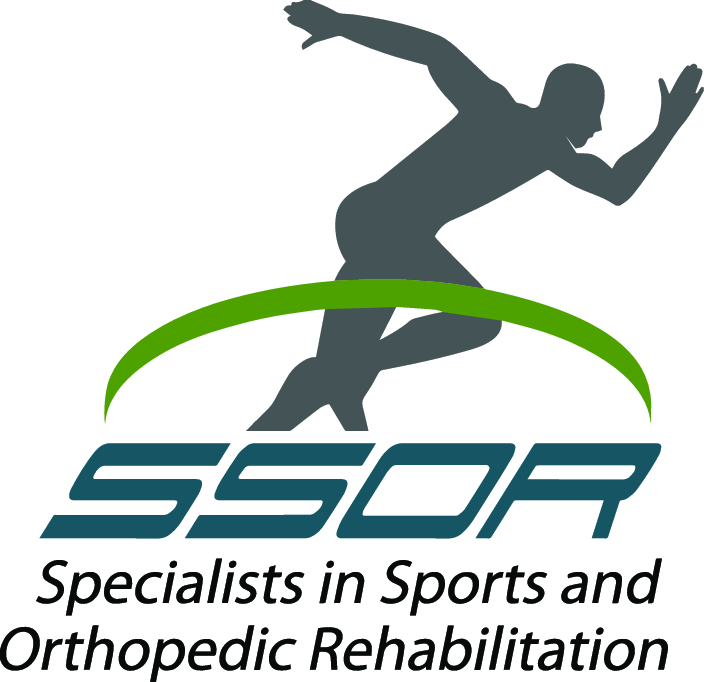The symptoms of any condition can vary from patient to patient, and people with rotator cuff tendinitis are no exception.
Rotator cuff tendinitis occurs when one of the rotator cuff tendons becomes inflamed. The likelihood of this condition tends to increase as we age, and a medical study reports that more than 60% of people over 80 develop rotator cuff tendinitis. One way to determine if your symptoms are caused by rotator cuff tendinitis is to meet with a physical therapist. These specialists can help you diagnose the source of your symptoms and treat your shoulder issue.
Common symptoms of rotator cuff tendinitis
Physical therapists are familiar with the signs of many musculoskeletal disorders, including rotator cuff tendinitis. A few of the the signs your therapist may look for if they suspect this shoulder issue are:
- Pain in the front of the shoulder and side of the arm.
- Swelling in the shoulder and arm.
- A clicking sound and/or increased pain when raising the arm.
- Stiffness in the affected shoulder.
- Difficulty doing normal daily tasks that require you to reach behind your back, such as putting on a belt.
How can physical therapists treat your rotator cuff tendinitis?
Identifying the signs of rotator cuff tendinitis isn’t the only thing a physical therapist can do for you. They can also help you find treatment for your condition. Some therapy methods that can help treat rotator cuff tendinitis include:
- Joint mobilization intended to improve joint flexibility and range of motion.
- Dry needling designed to address myofascial trigger points in your rotator cuff muscles.
- Therapeutic exercises that can help stretch and strengthen the rotator cuff muscles.
- Sport-specific therapy that focuses on optimizing shoulder movements to help prevent future shoulder injuries.
SSOR offers treatment for your rotator cuff tendinitis symptoms
You don’t have to look far to find effective treatment for rotator cuff tendinitis symptoms. Our SSOR physical therapists are ready to help you find the treatment you’re searching for. We offer free screenings that can confirm that your symptoms are caused by a rotator cuff issue.
In addition, our team excels at building personalized therapy plans designed to reduce your symptoms and prevent future shoulder injuries. We can even help you get treatment from home thanks to our virtual therapy and at-home care services.
Contact us today for more information about how we can treat your shoulder injury or to schedule your initial appointment.

